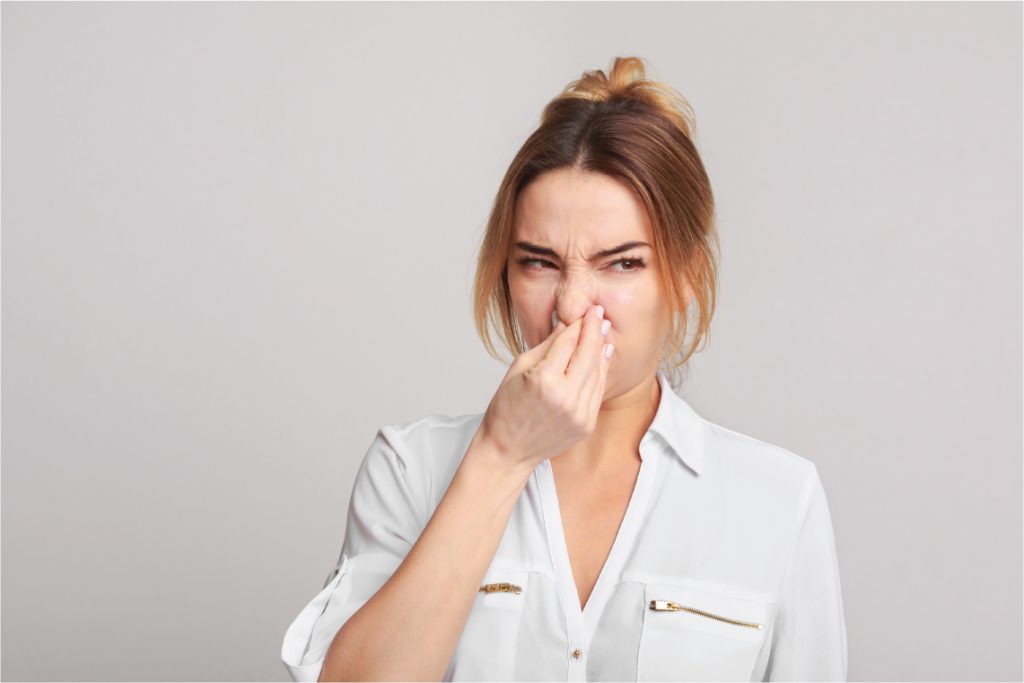What to do if you smell gas at home
Gas appliances are efficient, clean, reliable and make for an ideal domestic fuel. You can have gas furnaces, gas water heaters, gas ranges, cooktops, ovens, gas clothes dryers, gas fireplaces and gas pool heaters fitted. The only catch is that gas appliances are more expensive initially (but are cheaper in the long run) and that they can be dangerous, if faulty or not fitted properly. So if you’re worried about your gas appliances in the home and fear that you smell gas, A&D have put together a guide on what to do.

What does a gas leak smell like
A gas leak smells like sulfur – similar to rotten eggs.
What’s the cause of a gas leak?
Corroded pipes – cause of a gas leak
Visual clues like corroded pipes are early signs of a gas leak. If you’re concerned about a gas leak in your home, check over your pipes for any visible damage such as rust or green discolouration. Even if you’re not concerned, check them once or twice a year and if you do see any of these signs, call your local Gas Safe registered engineer.
Badly fitted appliances – cause of a gas leak
If you’ve recently moved your gas cooker or boiler to another location in the house the seal may have been damaged in the process, or perhaps, they were fitted poorly to start with. To prevent these scenarios from happening, always call on a Gas Safe engineer, it is a requirement enforced by the law – so abide by it to ensure the safety of you and your family.
Faulty appliances – cause of a gas leak
Damaged gas appliances are extremely dangerous to ourselves and those around us. Just like a gas leak, faulty gas appliances can cause carbon monoxide poisoning if the gas isn’t being burnt properly.
If you’ve got a faulty appliance, you should:
- Have all gas appliances serviced once a year by a Gas Safe professional
- Stop using your faulty gas appliances and replace them.
- Place carbon monoxide detectors in your home and test them frequently to ensure the batteries are still in full working order. Always replace your detector by the date advised
What are the signs of carbon monoxide poisoning on humans?
- Headaches
- Dizziness
- Nosebleeds
- Chest pain
- Blistering skin
- Eye and throat irritation
- Feeling sick/vomiting
- Confusion/tiredness
- Stomach pains
- Difficulty breathing
What are the signs of carbon monoxide poisoning on pets?
- Difficulty breathing
- Changes in behaviour
- Red or watering eyes
- Vomiting
- Disorientation
- Loss of appetite
How to prevent gas leaks
Gas leaks are very few and far between but that doesn’t mean you shouldn’t put every measure in place to prevent one from happening. The best way to avoid a gas leak is to have your boilers and all other gas appliances serviced yearly by trusted and accredited professionals.
What to do if you smell gas
If you can smell gas and you feel that people are in immediate danger, evacuate the building and make sure everyone is out of harm’s way – call the emergency gas service on: 0800 111 999.
If you think that there is no immediate risk, you should:
- Not use your mobile phone
- Not smoke or light a naked flame
- Not turn on any lights or switches
- Open all doors and windows
- Leave the building
Once everyone is safely out of the building, turn off your gas supply. In modern buildings this is likely to be found external to the home, in their meter box. If you’re in an older property, it’s likely to be located in a cellar or basement, do not enter the building again as the gas levels are likely to be life-threatening.
Now it’s time to call the gas emergency services on 0800 111 999. Do this outside of the property, a good distance away from your home.
Prevent a gas leak in your house and call your local plumbers at A&D Plumbing to service your gas appliances. With a wealth of experience as Gas Safe engineers, you can be sure that you’re putting your trust in the right people. For more information – contact us today.




